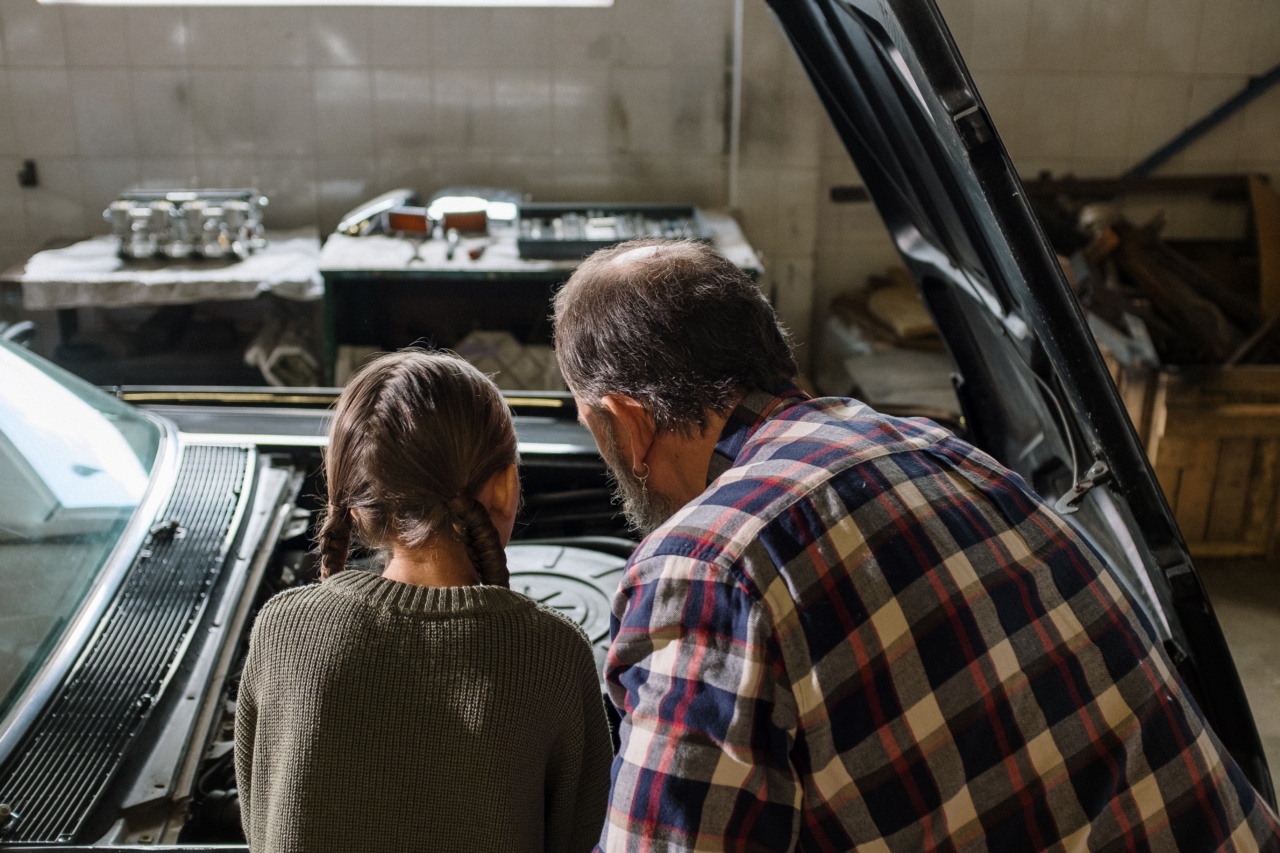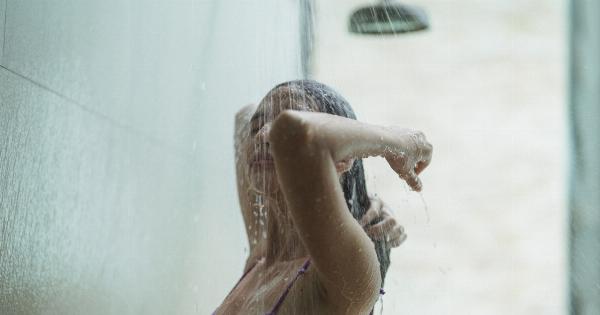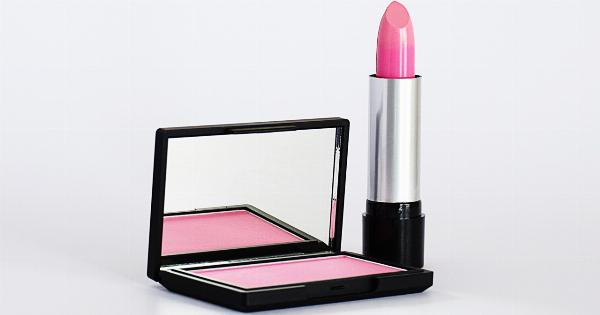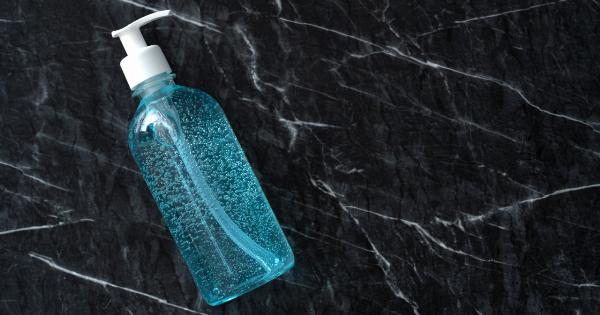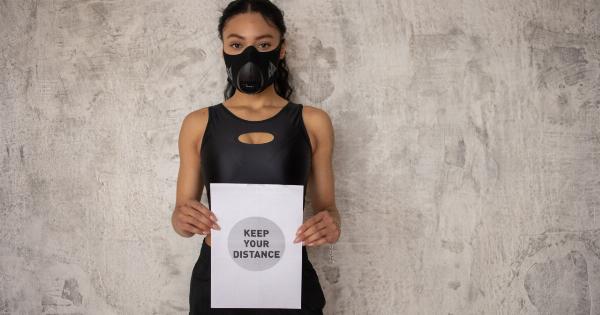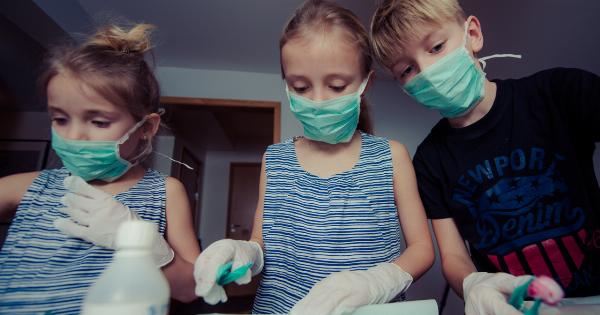Accidental poisoning among young children is a common occurrence in households, and it’s important to take preventative measures to ensure the safety of your kids.
In this article, we will discuss how you can keep your kids safe from poisoning, so you can have peace of mind as a parent.
1. Store Medications and Household Cleaners Out of Reach of Children
The first step to preventing accidental poisoning is to keep medications and household cleaners out of reach of children. Store these items in a locked cabinet or a high shelf where children cannot access them.
Make sure that all bottles are properly labeled so there’s no confusion!.
2. Teach Kids about the Dangers of Poisonous Substances
It’s important to teach your kids about the dangers of poisonous substances from as early an age as possible. Explain to them that certain substances can be harmful if they touch, smell, or taste them.
Teach them to stay away from unfamiliar substances and to report them to you immediately in case they come across something suspicious.
3. Keep Poison Control Information Handy
In the event that your child does get into something harmful, it’s important to have the phone number for your local poison control center handy. Keep the number in an easily accessible place in case of emergencies.
4. Cook Food Safely
When cooking food for your family, it’s important to follow food safety guidelines to prevent food poisoning. Always wash produce before cooking, and cook meat thoroughly to kill bacteria.
Teach your kids about safe cooking practices and make sure they understand the importance of clean hands and surfaces when preparing food.
5. Keep Houseplants Out of Reach
Houseplants are a common yet overlooked danger in the home. Many common houseplants, such as lilies and daffodils, can be poisonous if ingested.
Keep houseplants out of reach of children and teach your kids to be cautious around plants that they’re not familiar with.
6. Dispose of Hazardous Waste Properly
When disposing of hazardous waste, such as batteries or cleaning products, make sure to do so properly. Don’t leave empty containers lying around, and don’t pour hazardous materials down the drain.
Instead, follow the waste disposal guidelines in your area to ensure that hazardous waste is disposed of safely.
7. Don’t Rely on Child-Resistant Containers
Child-resistant containers are helpful, but they’re not foolproof. They’re designed to slow children down, not to prevent them from accessing the contents entirely.
Keep in mind that child-resistant does not mean child-proof, so it’s important to take additional measures to keep potentially harmful substances out of reach.
8. Be Mindful of Household Pests
Household pests, such as mice and rats, can be a source of danger if they’re not dealt with properly. Poison baits are commonly used to eliminate these pests, but it’s important to do so safely.
Keep the bait out of reach of children and pets, and make sure to dispose of dead pests safely.
9. Keep Personal Care Products Out of Reach
Personal care products, such as makeup, lotions, and perfumes, may seem harmless, but they can be dangerous if ingested. Keep these items out of reach of children and teach your kids not to touch them.
10. Be Prepared for Emergencies
Lastly, it’s important to be prepared for emergencies. Keep a first aid kit handy and teach your kids how to use it. Have a plan in place for emergencies, such as poisoning or injuries, and practice it regularly so that everyone is prepared.
Conclusion
Preventing accidental poisoning in the home is a critical aspect of keeping your children safe. By following the tips outlined in this article, you can minimize the risk of accidental poisoning and ensure the safety of your kids.
Always remember to be vigilant and take the necessary steps to keep your home safe!.
